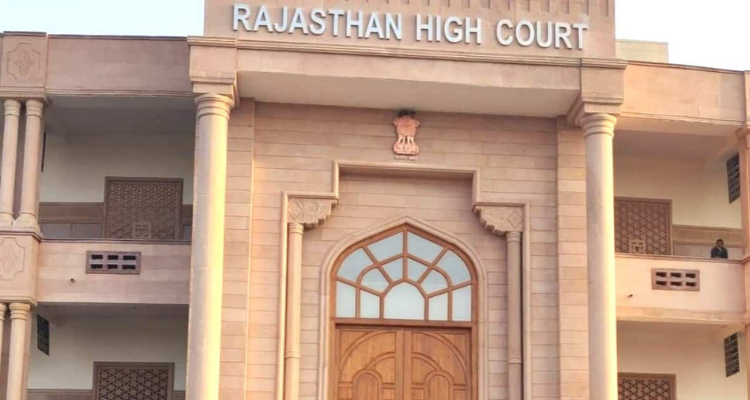
The Rajasthan High Court recently refused bail to three individuals accused of lynching a man suspected of raping the minor daughter of one of them. This instance took place in the case of Darshan Singh and Ors. v State of Rajasthan and Anr.
The Verdict: Mob Lynching Condemned
Justice Anil Kumar Upman emphasized that mob lynching is intolerable in a civilized society, asserting that society cannot regress to barbarism where individuals take the law into their own hands. The court’s order, dated March 14, highlighted that obstructing law enforcement officials from maintaining order is equally unacceptable.
Charges and Legal Proceedings
The accused were charged under several sections of the Indian Penal Code (IPC) and the Scheduled Caste/Scheduled Tribe (Prevention of Atrocities) Amendment Act. These included offenses related to rioting, unlawful assembly, wrongful confinement, theft, extortion, criminal intimidation, murder, and criminal conspiracy, along with an additional charge under the Scheduled Caste/Scheduled Tribe Act for committing an offense against a member of the SC or ST community.
Defense and Allegations
In their defense, the accused contended that they were falsely implicated in the case. They alleged that the deceased, who had purportedly raped one of the accused’s minor daughters, had sustained injuries while attempting to flee after the assault. Furthermore, they cited the registration of an FIR for the rape offense and claimed that the guilt of the deceased had been established.
Prosecution’s Stand
The Public Prosecutor SK Mahala informed the Court that the fourth accused, a woman, was granted bail due to her gender and lack of specific charges against her. He accused her of participating in the assault on the deceased and obstructing the police from taking him to the hospital, leading to his death.
Court’s Observations and Decision
The Court acknowledged the severity of the accusations, emphasizing that society cannot condone vigilante justice. It affirmed that legal proceedings regarding the rape accusation would proceed impartially and that the accused could not use it as a shield. Considering the gravity of the offense and the allegations, the Court declined to grant bail, thus rejecting the appeal.
Read More: Supreme Court, Delhi High Court, States High Court, Other Courts, International




